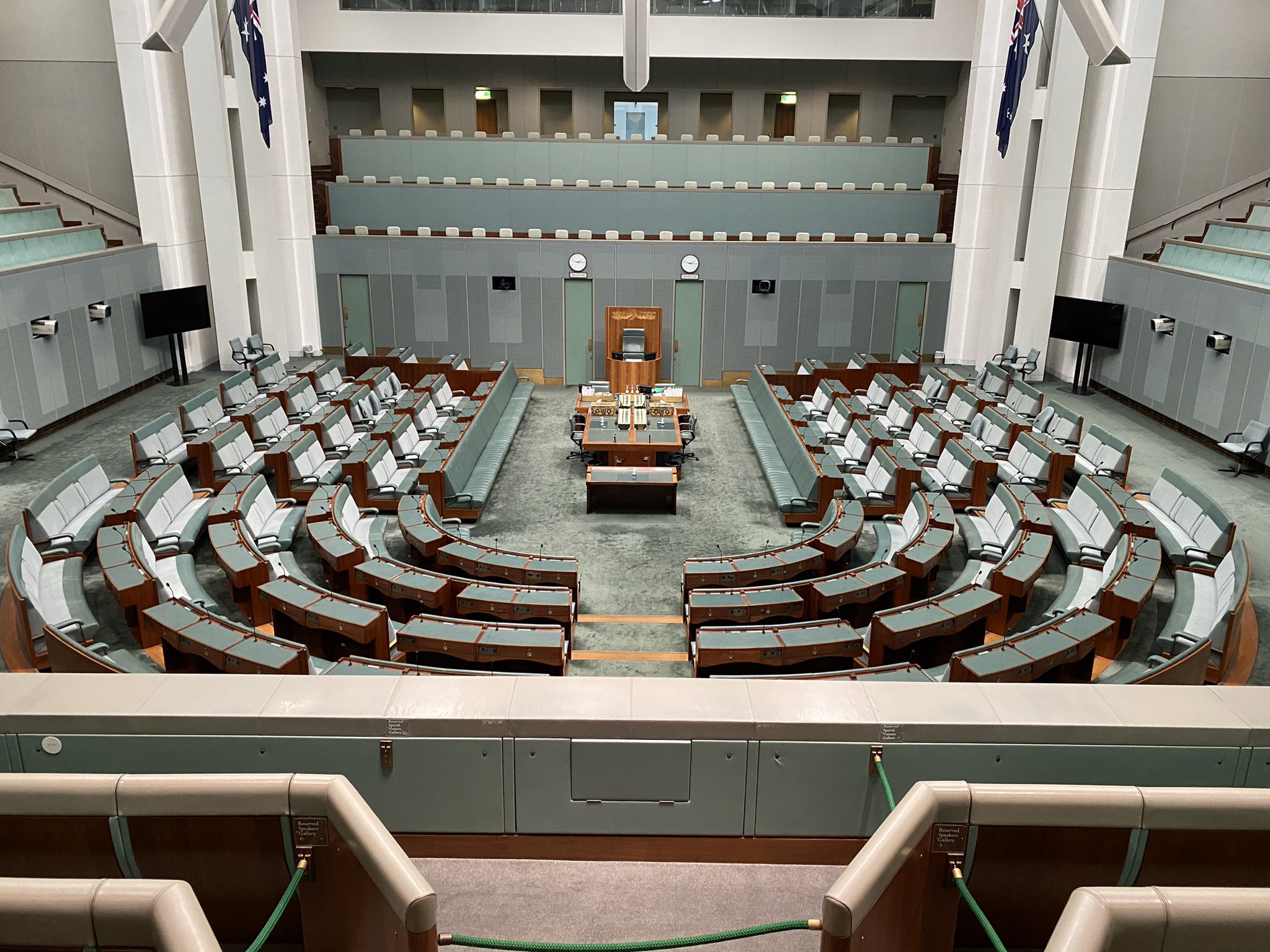The Inside Word

Climate wars: The gift that keeps on giving.
When I sat in the Speakers’ Gallery last week to watch question time, it occurred to me that Prime Minister Albanese is the luckiest man in Australia. If the record majority in May’s election wasn’t enough, the implosion of self-harm within the Coalition and Greens parties most certainly reinforces the crushing defeat of the Liberal–National Party.
The old saying “a picture tells a thousand words” has never been more true. In a chamber of 150 members, the ALP now holds 94 government seats, spreading like wildfire from one side of the chamber to the other, reducing the Opposition to a rump, with seats peppered by Teals and independents.
Of all people, the irony is surely not lost on me. Entering Parliament as I did in 1996 following the Howard landslide, the Keating administration had not only been kicked out of office, but the Coalition, too, had triumphed over the ALP with 94 seats. This is, however, where the similarities end.
Despite their blue-wave victory, the first Howard Government was compromised by inexperienced frontbenchers. It was no surprise the Coalition almost lost the subsequent 1998 GST election to a formidable and united ALP under Kim Beazley. And while the second Albanese Government is brimming with experienced and eager ministers, the federal Opposition, on the other hand, is in a world of pain, held together by fragile loyalty to Sussan Ley and brewing with internal conflicts.
I was confronted from the Gallery by the ALP’s phoenix-like transformation – not just by the changes in gender and generational ranks, but also by the confident frontbenchers actively prosecuting the government’s agenda, tormenting the Opposition over their schism on emissions reduction targets.
Albanese and his ministers must feel blessed as the right-wing renegades inside the Coalition – led by Barnaby Joyce – keep flinging the net zero grenade into the public and political arena. Barnaby’s strategy appears to be threefold: firstly, to cause even more chaos within the Opposition rank and file; secondly, to undermine (and get square with) the Leader of the Nationals; and thirdly, to force the National and Liberal parties into a pre-emptive position on climate policy – rejecting net zero.
This is despite the best efforts of Sussan Ley and David Littleproud to create some post-defeat breathing room to review all Coalition policies. And there is merit to this strategy: it gives them ample space to productively dismount their parties from contentious policies (like net zero) and provide an alternative position that speaks to both rural and urban Australians. Perhaps what they need is an energy and climate policy that can speak to the three demographics that flatly rejected them in the last election: women, youth, and middle Australians.
But it’s the gift that keeps on giving for the Albanese Government – the internal divisions within the Opposition – because it serves as the perfect smokescreen for their own inadequate politicking in the clean energy transition. Alongside their self-imposed target of 82 per cent in the renewable electricity sector, recent data also shows that the current rollout of future renewables is falling well short of expectations: more onshore and offshore wind farm projects are being cancelled, there are significant delays for solar project approvals, and the future around hydrogen has become increasingly questionable as a number of green hydrogen initiatives face the axe.
In a seemingly desperate attempt to drive more capital into the sector, Minister Chris Bowen turned up the dial on the energy workaround this week – directing more financial incentives towards carbon capture, more subsidies for renewables, and a further boost to the Capacity Investment Scheme (CIS). This came alongside the introduction of the government’s debt-waiving HECS legislation into Parliament, which passed with Coalition support.
In a week of world-firsts, not only has the controversial under-16 social media ban begun rearing its ugly head, but the federal government has also decided to allow US beef into Australia. Strangely, the once-forbidden import of North American processed beef has always been the (pardon the pun) sacred cow of Australian biosecurity protocols. One can wonder – and hope – this will be the key to unlocking a meeting between President Trump and Prime Minister Albanese.
Nevertheless, the federal government is on a roll – and will continue to be – as long as the Opposition stays consumed by its own internal disputes and climate change wars; or, as the second Albanese Government likes to call it, the gift that keeps on giving.


